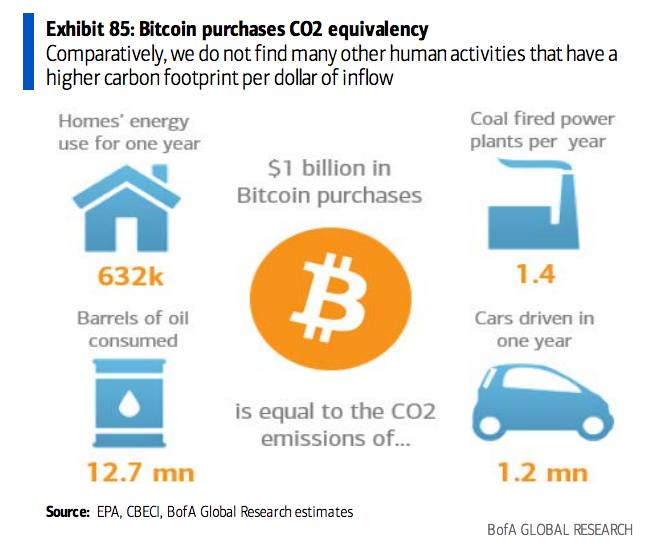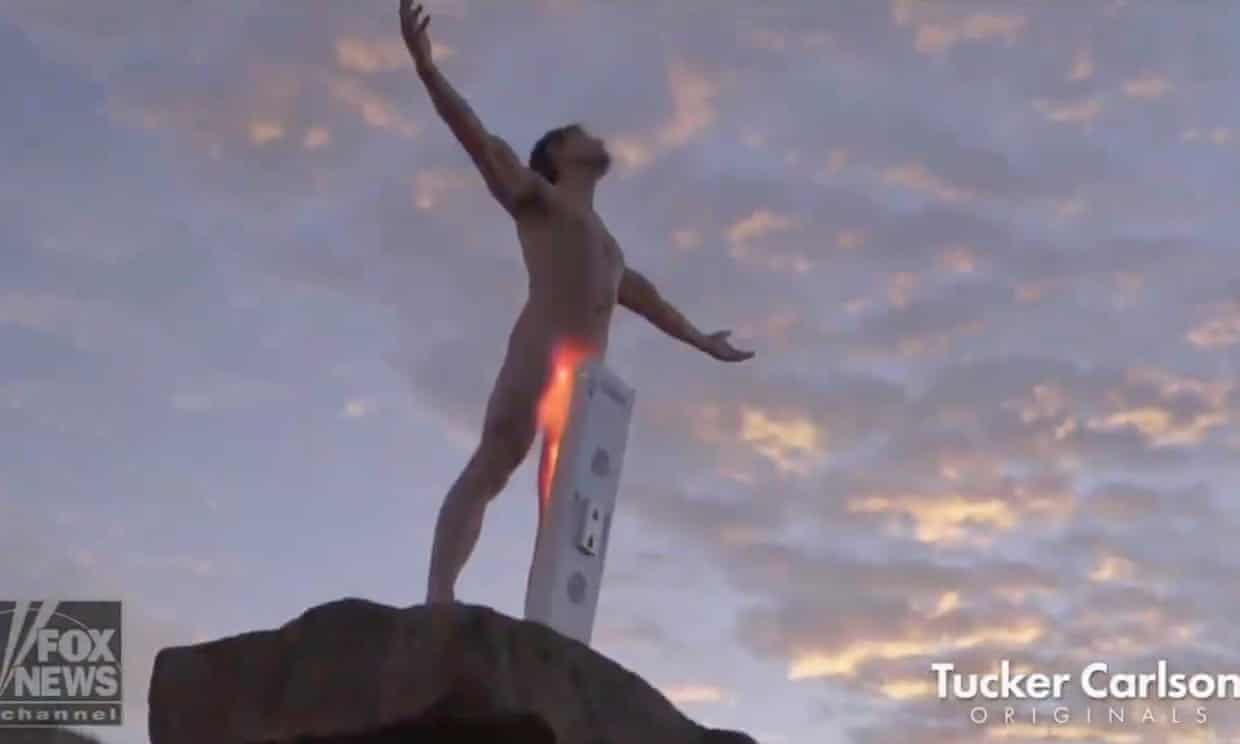NEW: Why, of all the world’s billionaires, do progressives love to hate Elon Musk, whose fortune comes from taking electric vehicles mainstream? https://t.co/Jpi7Okj9Kg
— Alex Seitz-Wald (@aseitzwald) April 29, 2022
barely scratched the complex surface
— Lora Kolodny (@lorakolodny) April 29, 2022
Worth noting that by 2021, Tesla had largely dropped out of the clean energy business.Elon Musk is left-leaning, is a card-carrying member of the ACLU (and one of its biggest donors), and is in charge of a company that has helped revolutionize clean energy & climate-friendly transportation.
— Billy Binion (@billybinion) April 25, 2022
But some people despise him because…he has a lot of money?
In the fourth quarter of 2017, Tesla reported a 43% drop in solar deployments compared with when it purchased SolarCity. The company ended up losing its market-leading position in 2018 and now hovers around 2% of the residential solar market, according to Wood Mackenzie. In the first and second quarters of 2021, Tesla installed 92 and 85 megawatts of solar, respectively. That’s less than half of what SolarCity was installing per quarter before the acquisition.And that Musk's relationship with the ACLU is... complicated.
Tesla moved some solar employees to work on building the company’s electric cars and batteries, fired other solar employees, and moved others who had been doing new installations to work on repairs and remediation.
For too long, the media has painted a halo over the head of the ACLU. https://t.co/IvhKQoW25S
— Russ Mitchell (@russ1mitchell) April 29, 2022
Beyond that, notice that Binion's they-hate-him-because-he's-rich is the same one used by center-left Matt Yglesias a year ago. (see below.)The ACLU helped Amber Heard draft the Washington Post article accusing Johnny Depp of abuse after the organization was promised a $3.5m donation – though at least $500,000 of it eventually came from a fund connected to Tesla founder Elon Musk https://t.co/hVDmhces3j
— Eric W. Dolan (@EWDolan) April 29, 2022
Like Yglesia, NYT columnist Farhad Manjoo is also generally center-left (though he is also the paper's goto guy for blame everything on liberal hypocrisy stories)
Quick side note: All justifications of Tesla's valuation start with the assumption that it will have a virtual monopoly in the near future, so I guess he's just an aspirational monopolist.what is this, teslarati? https://t.co/NCa84H2HNz
— Lora Kolodny (@lorakolodny) April 28, 2022
I cannot think of an example of a major journalist working this beat who has posted one of these "why is everybody mean to Elon?" tweets. Even at Manjoo's own paper, reporters like Neal Boudette are far more likely to point out false statements from Musk and serious safety issues with Tesla's FSD, even when it means dealing with one of the nastiest troll armies on the internet.
Monday, April 26, 2021
It actually takes some effort to devise arguments this conventional and this wrong
E.W. Niedermeyer's response to that same initial tweet could be read as a rebuttal to Barro.
It's safe to say that no one who has been seriously following Musk and Tesla in the Financial Times, the LA Times, Business Insider, Atlantic, Vanity Fair, Edmunds.com or Wired would attribute the criticism to "fun, futuristic and coded with all sorts of “bro” aspects."
The trouble is, most people paying attention have realized that the man is a habitual liar.
Specifically on the question of climate change, here's a reminder of one reason why environmentalists have been falling out of love with Tesla recently.
Jamie Powell writing for FT Alphaville.
From "Tesla: carbon offsetting, but in reverse"
We’re not the first to point this out by any means, but bitcoin is dreadful for the environment. Still don’t believe it? Well Bank of America published an excellent report last week (which can be found on David Gerard’s blog), on the dominant digital coin. And, in particular, its carbon impact.Here are a few choice stats.Bitcoin -- or to be more precise, bitcoin mining -- currently consumes more energy than Greece, and a touch less than the Netherlands. In theory, it wouldn’t be so much of an issue if mining was powered by renewable energy, but 72 per cent of mining is concentrated in China, where nearly two-thirds of all electricity is generated by coal power.For the moment then, bitcoin has carbon emissions that sit comfortably between American Airlines’s output, the world’s largest airline which currently carries 200m passengers per year, and the entire US Federal government.Perhaps the most relevant stat of all, however, is this one:
Monday, May 3, 2021
Josh and the toasty warm take
The first two points establish a mystery to be solved; the third offers an explanation. While Barro may have intended this conclusion to be provocative, he treats the premise as axiomatic, as do many others.
Well also he’s very rich, which a small but vocal group thinks is per se bad.
— Matthew Yglesias (@mattyglesias) April 25, 2021
And a whole damned essay by James Pethokoukis.
More deeply, Musk is offering an attractive techno-optimist vision of the future. It's one in stark contrast with that offered by anti-capitalists muttering about the need to abandon "fairy tales of eternal economic growth," as teen climate activist Greta Thunberg has put it. Unlike the dour, scarcity-driven philosophy of Thunbergism, Muskism posits that tech-powered capitalism can solve the problems it causes while creating a future of abundance where you can watch immersive video of SpaceX astronauts landing on Mars while traveling in your self-driving Tesla. As journalist Josh Barro neatly summed it up recently, "Environmentalism is supposed to be pain and sacrifice. Because Musk offers an environmental vision that is fun, futuristic and coded with all sorts of 'bro' aspects, he is deeply suspicious and must be stopped."
You'll notice that that these examples include liberals, conservatives and centrists. This is one of the many cases where trying to approach this with an ideological filter not on fails to help, but actually obscures what's going on. The distinction we need to focus on isn't left vs. right but close vs. far.
I don't know of another case where the standard narrative and the story told by reporters on the front lines diverge this radically, and the gap has only grown larger. In one version Musk is a visionary and spectacularly gifted engineer who, though flawed, is motivated only out of a passion for saving the planet. He does amazing things. In the other, he is a con man and a bully who, when goes off script, inevitably reveals a weak grasp of science and technology. Outside of the ability to get money from investors and taxpayers, his accomplishments range from highly exaggerated to the fraudulent.
While this view may not be universal among journalists covering the man, it is the consensus opinion.
The explanations of Barro et al. are not all that reasonable, but they are probably as good as you can get when you start with the assumption that the standard narrative is right.



